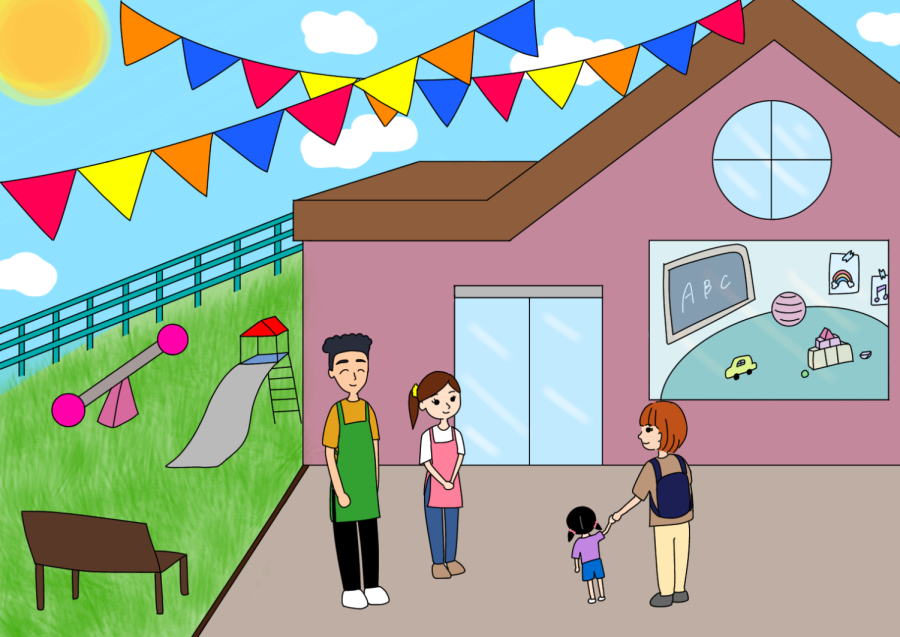Stagecraft stands its ground and asserts its modern-day relevance in the supportive, educational environment offered by the theater department.
Whether they are looking to launch their careers or to learn a little more about the art of acting, students will find themselves welcomed into the world of theater with open arms, Sabina Ibarra, 22, film major, said.
“Programs here are very nurturing to any student from any level of experience,” Ibarra said. “From the students to the faculty members to the technical teams, everyone here is working together to create something.”
Ibarra is one of three students from the directing course that will get the chance to hone their skills by directing one-act plays, which will be showcased later in the month.
Directing alongside Ibarra, former student Jake Yankee said he has returned to guest direct and reconnect with other students, which he emphasized as one of the benifits of taking theater classes.
“Every time I come here, I always leave better off than when I came. You meet more people and enrich older relationships,” Yankee said. “You always feel welcome.”
It makes you want to leave the tradition for other, newer students,” Ibarra added.
This tradition involves acting, writing, directing, and technical aspects like sound, lighting and costuming for the stage.
Kim Wilkinson, costuming instructor, said that her class provided students with a foundation in basic sewing, fashion history and design concepts for theater.
She said that the course gave students the skills for something as simple as sewing on a button at home or as complicated as pursuing a career in theater costume design.
Yankee said the theater program gave students on both the acting and technical sides needed experience.
“Students from stagecraft classes and lighting classes may not have another opportunity to work on a show this early in their education,” Yankee said.
Directors take into account students’ need for experience working on productions but often try to balance this need with the interests of other non-theater students to encourage interest in the program, Ibarra said.
“It’s about finding shows that can sort of bridge the gap for the students who don’t know what theater involves,” Ibarra said.
In addition to working on productions, students in theater arts classes have the chance to overcome their shyness, Ron Scarlata, theater professor, said
He said that introverted students don’t need to be anxious about joining the theater program.
“We definitely help students overcome shyness in class,” Scarlata said.
Aside from the technical aspects of theater, there are other advantages in participating in live productions that can’t be gained from film or internet productions, Ibarra said.
“Theater has a completely different value than film,” she said, “you have a connection with people on stage, as opposed to being in front of a screen.”
Scarlata said he does not see movies as a threat to theater, explaining that it has a “human quality” that cannot truly be lost to time.
“We can bomb this whole planet, and theater will survive,” Scarlata said. “The survivors will still gather around a campfire and tell stories.”
Yankee said he shares Scarlata’s opinion but also acknowledges the role of technology in fostering interest in acting, particularly films on YouTube.
“It’s something you can do to hone your craft,” Yankee said. “If you really want to go out there, no matter what you want to do, create it yourself.”







